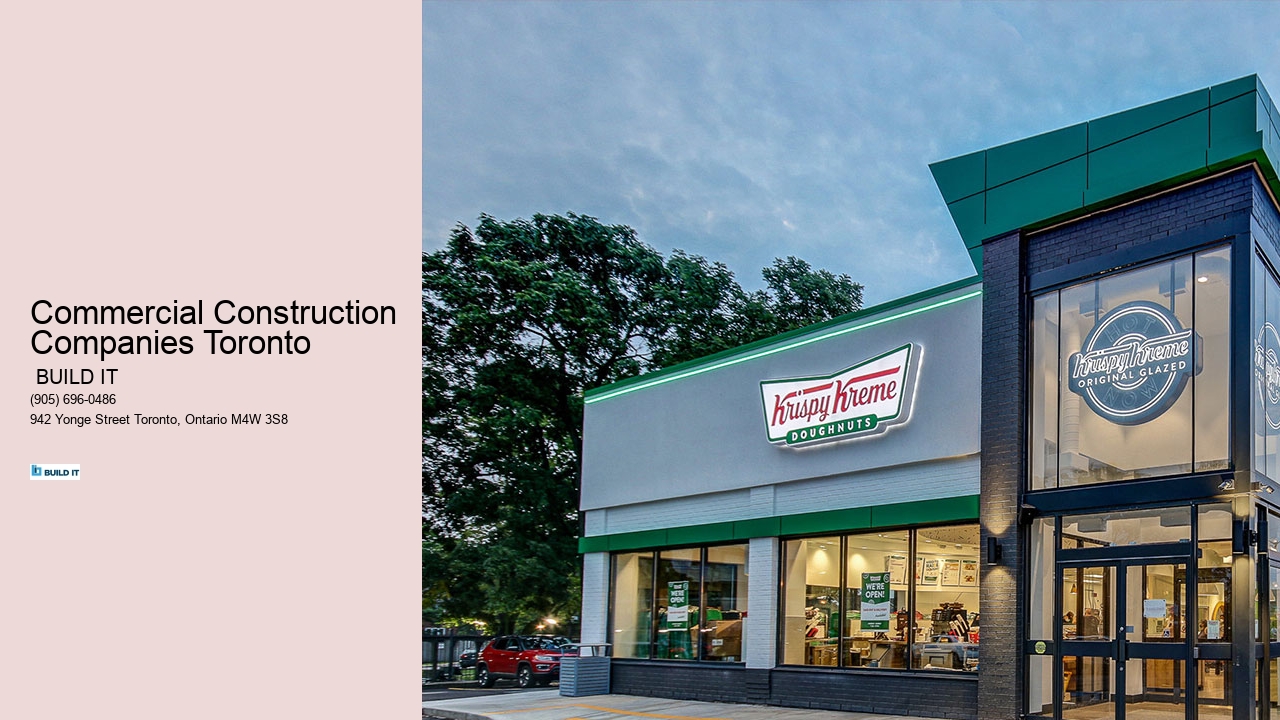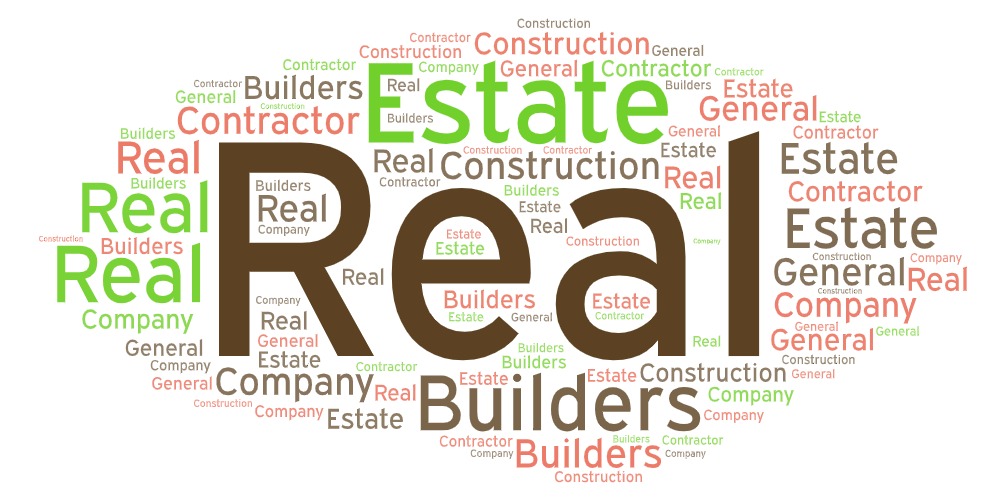

| Commercial Construction Services | |
|---|---|
| Commercial Builder | Experienced builder for all types of commercial projects. |
| Commercial Construction | Full-service construction for office, retail, and industrial spaces. |
| General Contractor Commercial Construction | End-to-end general contracting services for commercial sites. |
| Design Build Commercial Contractors | Integrated design and construction services for streamlined delivery. |
| Commercial Tenant Improvement Contractors | Custom interior build-outs and renovations for tenants and landlords. |
BUILD IT Toronto is proud to shape the spaces where Toronto works, shops, dines, and grows. As commercial and industrial construction specialists, we partner with Canada’s leading brands and entrepreneurs to deliver tailored builds that meet the highest standards of quality, precision, and innovation. Whether it’s a boutique on Queen West, a clinic in North York, or a warehouse in Scarborough, we bring your ideas to life—efficiently and beautifully.
Unlike traditional contractors, we offer full-spectrum service. From the earliest planning stages and permit coordination to design-build management and project delivery, we handle it all in-house. This integrated approach means fewer delays, better accountability, and a smoother client experience.
We know Toronto. Our seasoned team knows how to navigate the city’s zoning laws, work within tight urban footprints, and meet aggressive timelines. Across the GTA—including Mississauga, Vaughan, Etobicoke, and the downtown core—we’ve successfully completed projects that stand as proof of our dedication to detail and quality.
From restaurants and retail to healthcare and franchises, we build spaces that balance form, function, and compliance. Every project is designed with usability, longevity, and brand identity in mind.
At BUILD IT Toronto, we value our clients as true partners. Through open communication and smart scheduling tools, we provide clarity every step of the way. Because to us, transparency is just as important as craftsmanship.
When your physical space plays a vital role in your business success, choose a team that builds with intention. Let’s create a space that reflects your vision—and supports your future.

Before any physical work begins, commercial contractors meticulously evaluate the existing structure to understand its current condition. They engage structural engineers to assess the building's integrity and pinpoint areas that require reinforcement or modification. This phase includes a detailed review of architectural plans, previous renovations, and any potential constraints posed by local building codes or regulations. Once the assessment is complete, contractors develop a comprehensive plan outlining the scope of work, necessary materials, projected timelines, and budget considerations.
Effective communication is crucial throughout the upgrade process. Contractors must liaise with various stakeholders including property owners, architects, engineers, and local authorities to ensure that everyone is on the same page regarding expectations and progress. This coordination ensures seamless integration of new design elements with existing structures while maintaining compliance with all relevant codes. Keeping open lines of communication helps in addressing any unforeseen challenges promptly without causing significant project delays.
With a solid plan in place and stakeholder consensus achieved, contractors begin the physical work of executing structural upgrades. This could entail reinforcing foundations, retrofitting seismic supports for earthquake-prone areas or upgrading load-bearing walls to accommodate additional floors or features. During this phase, skilled tradespeople such as carpenters, masons, steelworkers, and concrete specialists collaborate closely under the guidance of project managers to ensure high-quality craftsmanship.
Commercial contractors are responsible for integrating modern building techniques that enhance structural durability and longevity. These may include using advanced materials like high-performance concrete or steel alloys tailored for strength-to-weight optimization. Additionally, they might employ innovative construction methods such as prefabrication or modular construction to minimize disruption on site while accelerating project timelines.
Throughout every stage of an upgrade project, quality assurance is paramount. Contractors perform rigorous testing to confirm that enhancements meet or exceed industry standards for safety and performance. Inspections are conducted regularly by both internal teams and external bodies where required by law to certify compliance with all applicable regulations—ensuring that once completed; these structural upgrades stand ready to serve their intended purpose effectively for years to come.
Before engaging with any commercial general contractor, it’s essential to have a clear understanding of your project's scope and requirements. Consider factors such as the size, type, complexity, and the desired timeframe for your project. Knowing what you need will help you communicate effectively with potential contractors and assess whether they have the experience and resources to handle your project.
Experience is paramount in the construction industry. Look for contractors who have a proven track record with projects similar to yours. Examine their portfolios and ask for case studies or references. It’s important that they not only have experience but also specific expertise related to your industry or the type of construction work required.
A contractor’s financial health can significantly impact their ability to deliver your project on time and within budget. Request financial statements or other evidence of financial stability from potential contractors. This information can provide insight into their fiscal responsibility and longevity in the business, which translates into reliability.
Ensure that any contractor you consider is properly licensed to perform commercial construction work in your area. They should also carry adequate insurance coverage including liability insurance and workers’ compensation. Additionally, check if they are bonded—a surety bond can protect you against possible losses caused by a contractor’s failure to complete the job or meet financial obligations.
Safety on the worksite is crucial. Inquire about each contractor's safety record and policies. A low incidence of accidents not only reflects a commitment to safety but also indicates effective management practices that can translate into fewer delays and potentially lower costs due to accidents or regulatory issues.
Effective communication is critical throughout any construction project. During initial meetings, note how well potential contractors listen to your concerns and how clearly they convey information. Contractors who communicate promptly and clearly are more likely to maintain transparency throughout the project duration, fostering a partnership rather than just a service provision.
When reviewing bids from different contractors, avoid making decisions based solely on price. Evaluate what is included in each bid thoroughly—materials costs, labor charges, profit margins—and look out for any exclusions or items that are not specified which could incur additional costs later on. It’s important that bids are comprehensive so that you’re comparing apples-to-apples when making your final decision.

Look for experience, licensing, references, financial stability, and clear communication.
New builds, remodels, tenant improvements, build-outs, facility maintenance, and design-build.
Yes, most reputable firms manage permitting, inspections, and ensure all work meets local codes.
Design-build integrates design and construction under one contract, streamlining communication and timelines.
They schedule, oversee, and ensure each trade aligns with project goals, timelines, and safety standards.